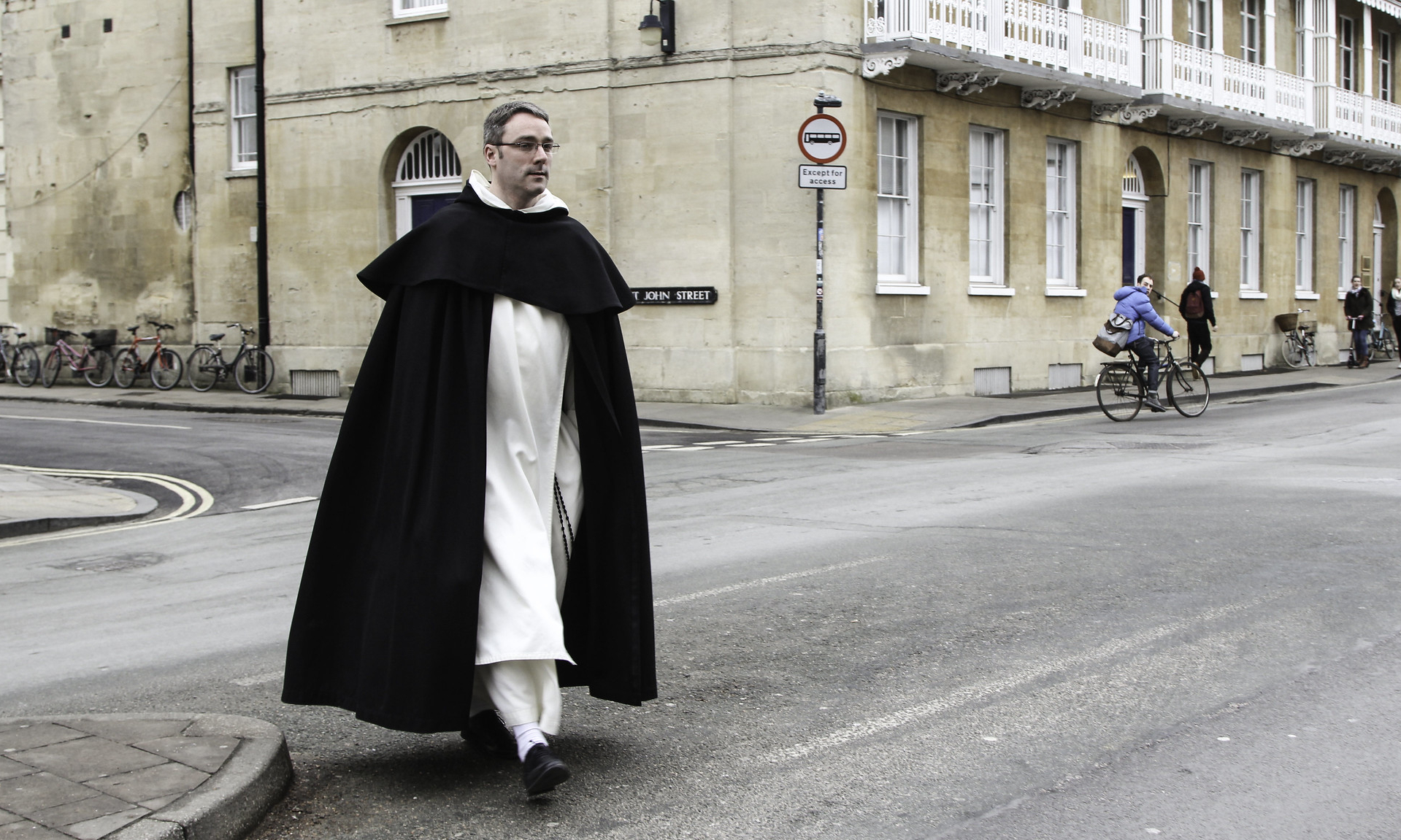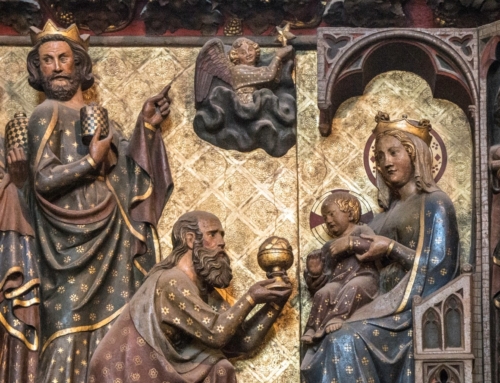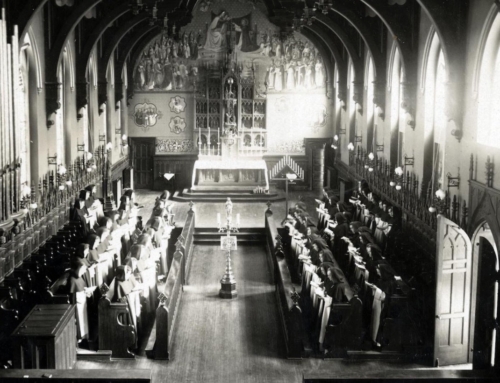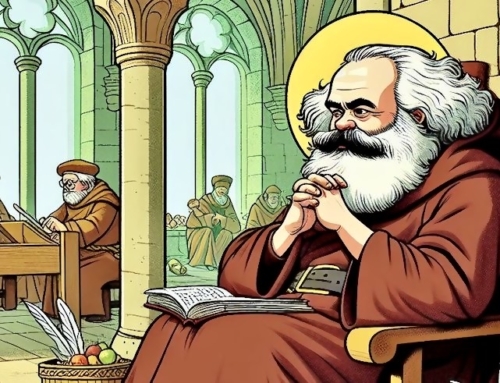Forma Vitae: An Essay on the Dominican Life
A “forma vitae” essay is meant to convey something about the “form of life” that we, as Dominican friars, live in virtue of our religious vows. Each “forma vitae” essay should provide accessible, insightful, and revealing commentary about the Dominican life and vocation. Other “forma vitae” essays can be found here.
Last summer, people would often stop me on my way to the soup kitchen.
They would come right up to me and ask, “Hey, what are you?”
After trying to give a quick and simple answer (that I was a Dominican friar), they would often retort, “So, are you basically a monk?”
In which case, and for the sake of time, I would often say, “Well, sort of.”
The latter question usually came from people who had encountered consecrated religious before, or from those who had some vague idea of what a monk is or should probably look like. When they saw me walking down the street in habit, they knew something about what I was or what I stood for, but weren’t entirely sure about the finer points of my life.
And perhaps for good reason, too. Because the religious purposely takes on a hidden way of life, (and because he is seldom seen in public), people are often curious about what we do and who we are. It’s not entirely obvious.
By its nature, religious life stands out from the secular world. Men and women in religious life often continue to engage those in the secular world, but may live a life removed from the typical rhythm of secular society.
The religious is ultimately supported in his or her life by God’s grace and through the careful observance of what is called a rule. A rule gives the religious directives on how to live, pray, and act. For Dominicans, this rule is the Rule of St. Augustine.
Let us now go back to our first question, the one proposed by my friend on the street. What distinguishes the monk from the friar?
The answer lies within the way their respective rules are lived out.
The rule of any religious community serves as the formative guide for cultivating a true religious identity. As a formative guide, it is also adaptable to an Order’s charism. For example, the monk typically lives in solitude, set apart from the rest of the world, remaining behind the monastery walls in order to pray for the spiritual needs of the Church. He vows stability to his monastery and often remains there until death.
The friar, on the other hand, lives a cloistered life within the priory, but is free to go out and into the world in order to preach the truth. The friar is no less a contemplative, but unlike the monk who vows stability to the monastery, the friar will always be on the move, fulfilling the needs of the Order and the Church.
Another distinction between the monk and the friar lies within the apostolic works they carry out. The ministry of a monk often remains internal to the monastery. He may offer spiritual direction to someone on retreat, but his focus primarily resides in the care and upkeep of the monastery and offering prayers for the spiritual needs of the Church. The latter is especially accomplished through the recitation of the full Divine Office.
The friar may serve in a number of external ministries as teacher, pastor, campus minister, or hospital chaplain. Nevertheless, the friar always returns to the priory so as to be accountable to God and his brethren in prayer and study. It is this accountability to prayer, study and preaching that conforms the Dominican friar to Christ, his true purpose and identity.
As Dominican friars, we live a conformity to Christ that stands out from the secular world. As friars, we share elements of the monastic life, though we have adapted its rigors to a way of life better suited for being preachers of truth. Our way of life is purposely hidden and unfamiliar so as to beckon the world into something that is greater. We desire to attract the faithful by our life so that they may know that we are here to help them in conforming their lives to Christ and achieving their own salvation!
✠
Photo by Fr. Lawrence Lew, O.P. (used with permission)







